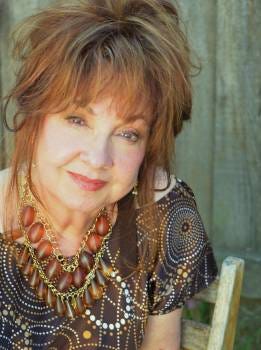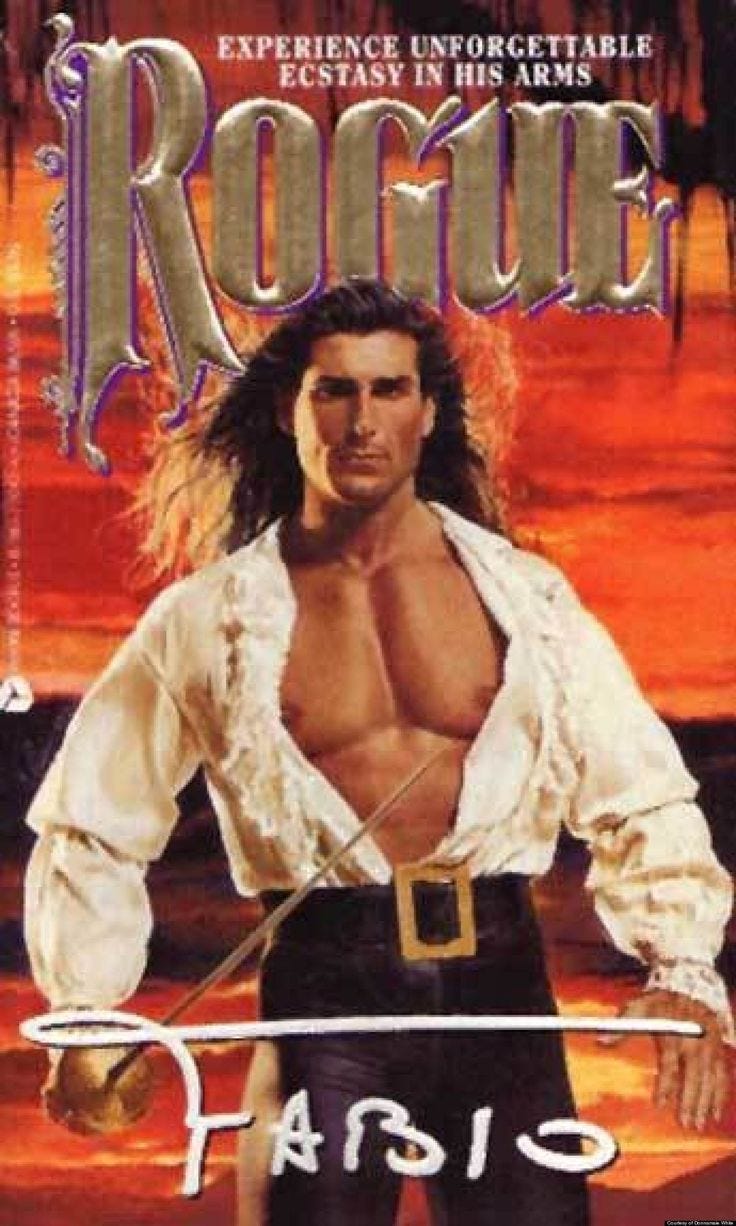Sharon Noble, Romance Writer
The Noble Method of Writing, No Descriptions or "Tellings" & Fighting with Your Editor
Romance is the life blood of this writer. Follow the old adage "Write about what you know." Read what you love. Explore new terrains. Learn something new every day. -Sharon Noble
The romance novel is the highest selling genre of all fiction sales. It always sold well, but it is increasingly popular in recent years and has become a $1.44 billion per year industry even as book sales overall have slumped! Romance novels account for about 18% of adult fiction books sold in the US.
People typically think of romances as either rom-com or bodice ripper, but there are quite a few sub-genres now: the dark romance, historical romance, regency or royal romance, paranormal, fantasy, sci-fi romance, suspense romance, westerns, and the G-rated inspirational romance.
“I read Lady Chatterley's Lover as a young woman, and to me that was the quintessential romance. I became a voracious reader of romance novels, along with espionage, thriller, and biographies. After enjoying an acting career of moderate success, enough to make a living, I decided to simply start writing.”
Noble’s first romance novel, Autumn Desire, used her mother's experience of returning to college in later life as a starting point. Velvet and Topaz pits an American social activist against the CEO of a demolition company displacing residents in London's East End. And Passion's Design is about a young fashion designer attempting to plan the perfect wedding for a wealthy South American family and trying desperately not to fall in love with the handsome, arrogant groom.
Writing romance novels is a commercial endeavor not so different from the publishing sensation Charles Dickens kicked off in 1836 by serializing The Pickwick Papers in the weekly literary magazine All the Year Round. He was paid 1¢ per word, so all the novels are l o n g and each published story ends with a cliffhanger and the words “to be continued….”
"Writing is like watching a movie," Noble said. "Pages and pages." And like a movie, it’s also formulaic to some degree.
Sharon Noble’s 3-Part Writing Method
First, she lays out the CONCEPTS she wants to include. (This is in place of an outline because she finds outlines boring.)
Next is the DRAFT. Write the story as it occurs to you. Then go back and IMMEDIATELY read the story/chapter and take out ALL adjectives, adverbs and "tellings."
Then re-write it. Instead of describing, use the 5 senses to convey meaning.
Structure the story AFTER you create (let yourself really feel the story). But you'll end up with a mess if it's a novel, so take the story in tranches of time, "let yourself feel in tranches."
Noble Writing Tips/Rules
1. Use third person 99% of the time. This is what commercial publishers expect.
2. Aim for mass appeal. That means avoid landmines & omit the ages of characters (but publishers want to know what ages you have in mind).
3. All writing is like music. Pay attention to rhythm. Read voraciously in your genre(s) to get familiar with the pacing and rhythm of different writers.
4. Always seek to up the ante. "If there's a gun in a scene, make sure it goes off!"
5. Be aware that "only" modifies the next word:
Tim only cooked dinner. Only Tim cooked dinner. Tim cooked only dinner.
6. Never forget, you write for your readers/audience. So be clear about what you want to communicate and make sure you communicate x y & z clearly. And try to address topics they are eager to learn about.
7. "Don't be afraid to fight with your editor -- that's what they're there for." If your work is going to be published with your name on it, you have ultimate say over what is published in your name, including the design of the cover. It's OK to battle your editor/publisher if you're not happy with their changes, but pick your battles wisely. If no consensus can be reached, they can refuse to publish it altogether, but that usually happens with non-fiction.
Exercises
What is your favorite story?
What makes a story unforgettable in your view? (emotion, perspective, shifts, connections, settings, etc.)
What type of story is it? (traditional structure, hero's quest, the search, coming of age/transformation, etc.)
What was the first story you remember being told as a child? What made it memorable?
Wishing you a very happy summer!
Stephen King's Writing Tips
Prolific writer Stephen King (born 1947) offers solid writing advice in his book "On Writing," available as an audio book as well. One of his ideas is that you should be able to write a book in 3 months. Many people disagree, but the quick pace and the momentum it generates works well for a good percentage of writers. As with all of his advice, find yo…







